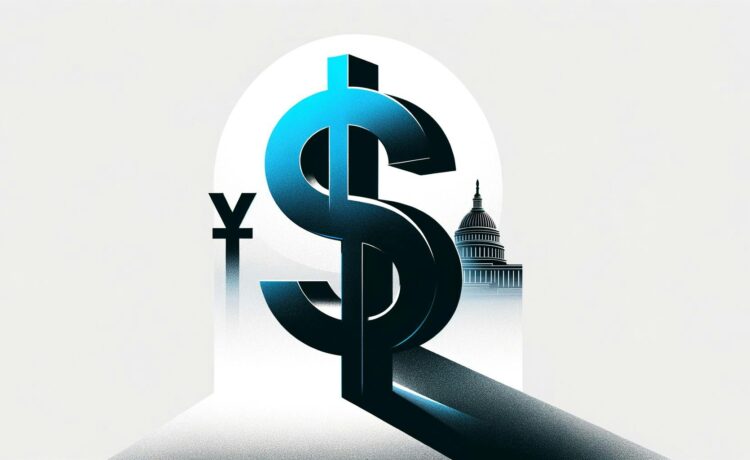What’s going on here?
The US dollar soared to a three-month peak against the Japanese yen, fueled by upcoming economic reports and election forecasts stirring up the markets.
What does this mean?
The dollar’s rise is a mix of economic optimism and political speculation. Japan’s yen slipped following a disappointing election for its ruling party, which lost its parliamentary majority, adding layers of uncertainty. Meanwhile, the Bank of Japan’s decision to keep interest rates steady has done little to aid the yen. In the US, all eyes are on core personal consumption expenditures and jobs data this week, with initial reports indicating a softening job market. Nonetheless, rising consumer confidence points to positive sentiment towards job prospects, even as job openings hit a multi-year low.
Why should I care?
For markets: Elections boost dollar’s might.
The race for the US presidency, with Donald Trump as the Republican frontrunner, is influencing market sentiment and the dollar’s path. Treasury yields and the dollar’s strength against other currencies are buoyed by this political context. Upcoming Federal Reserve meetings add complexity, suggesting limited downside for the dollar amidst election uncertainties.
The bigger picture: Fiscal forks in UK and China.
As the UK Labour government readies its first budget, investor confidence is crucial, especially after previous fiscal blunders. The British pound has slightly strengthened against the euro, reflecting diverse economic conditions in Europe. Meanwhile, China’s yuan remains relatively steady despite potential fiscal changes in Beijing, highlighting global economic intricacies and the dollar’s widespread influence.

















